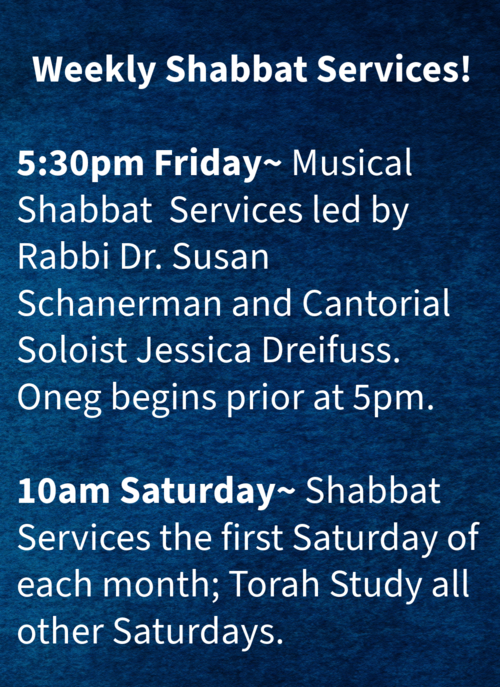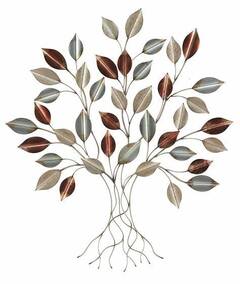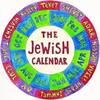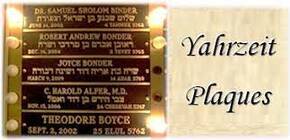Rabbi's Reflections ~ Hebrew doppelgangers!
1. Challah and Kallah
Challah (חלה), pronounced KHAH-luh, is the braided bread traditionally served on Shabbat.
Kallah (כּלה), pronounced KAH-luh, is Hebrew for “bride.”
2. Chesed (or Hesed) and Hasid (or Chasid)
Chesed (חסד), pronounced KHEH-sed, is usually translated as “lovingkindness.”
Hasid (חסיד), pronounced KHAH-sid, is a Hasidic Jew, someone who is part of an ultra-Orthodox community.
3. Chodesh and Kodesh
Chodesh (חודשׁ), pronounced KHOH-desh, is Hebrew for “month.”
Kodesh (קודשׁ), pronounced KOH-desh, is Hebrew for “holy.”
4. Chuppah and Chutzpah
Chuppah (חופּה), pronounced KHOO-pah (oo as in book) or khu-PAH, is a Jewish wedding canopy.
Chutzpah (חוצפּה), pronounced KHOOTZ-pah (oo as in book) or khootz-PAH, is Yiddish (and Hebrew) for “nerve” or “audacity.”
5. Eruv and Erev
Eruv (עירוב), pronounced AY-ruhv or ay-RUVE, is a boundary inside of which Shabbat-observant Jews are allowed to carry items or push strollers on Shabbat.
Erev (ערב), pronounced EH-rehv, means “evening.”
6. Hamsa, Hametz and Hummus
Hamsa (חמסה), pronounced HAHM-suh, is a hand-shaped amulet.
Hametz (חמץ), pronounced khah-METZ, is leavened food traditionally avoided during Passover.
Hummus (חומוס), pronounced KHOOM-oos (oo as in book) or KHOOM-oos (oo as in food) is a chickpea puree.
7. Kibbitz and Kibbutz
Kibbitz (קבּץ), pronounced KIB-itz, is Yiddish for chat or small talk.
Kibbutz (קיבּוץ), pronounced kee-BOOTZ, is a collectively run residential and economic community in Israel.
8. Kiddush and Kaddish
Kiddush (קידושׁ), pronounced KID-dish or kee-DOOSH (oo as in boot).
Kaddish (קדישׁ), pronounced KAH-dish, usually refers to the Mourner’s Kaddish, an Aramaic prayer said during all Jewish worship services.
9. Mashgiach and Moshiach
Mashgiach (משׁגיח), pronounced mahsh-GHEE-ahkh, is a person who supervises a commercial or institutional kosher kitchen.
Moshiach (משׁיח), pronounced moe-SHEE-ahkh, is Hebrew for “messiah.”
10. Mikveh and Mitzvah
Mikveh (מקוה), pronounced MIK-vuh or meek-VAH, is a Jewish ritual bath.
Mitzvah (מצוה), pronounced MITZ-vuh or meetz-VAH, is Hebrew for commandment.
11. Seder and Siddur
Seder (סדר), pronounced SAY-der, is a ritual meal that follows a certain order, usually used to refer to the Passover seder (like the one above).
Siddur (סידור), pronounced SIDD-er or see-DOHR, is a Jewish prayer book.
12. Sheitel, Shtetl, Shtiebel and Shtreimel
Sheitel (שייטל), pronounced SHAY-tull, is Yiddish for a wig that some Orthodox women wear.
Shtetl (שׁטעטל), pronounced SHTEH-tull, is the term for a historic Eastern European village with a significant Jewish community.
Shtiebel (שטיבל), pronounced SHTEE-bull, is a small synagogue, usually referring to a small ultra-Orthodox synagogue.
Shtreimel (שטריימל), pronounced SHTRY-mull, is a type of fur hat worn by some Hasidic men.
13. Simcha and Smicha
Simcha (שׂמחה), pronounced SIM-khuh or seem-KHAH, is Hebrew for “joy” and is used to refer to a joyous Jewish occasion, such as a wedding or bar/bat mitzvah.
Smicha (סמיכה), pronounced SMEE-khuh or smee-KHAH, is Hebrew for rabbinic ordination.
14. Tisha B’Av, Tu Bishvat and Tu B’Av
Tisha B’Av (תשׁע בּאב), pronounced TISH-uh bahv, is the ninth of the Jewish month of Av, a day of mourning commemorating the destruction of the ancient temples in Jerusalem.
Tu Bishvat (ט״ו בּשׁבט), pronounced too bish-VAHT (oo as in boot), is the 15th of the Jewish month of Shevat, a holiday celebrating trees.
Tu B’Av (ט״ו בּאב), pronounced too buh-AHV, is the 15th of the Jewish month of Av, a day celebrating romantic love that is often referred to as “the Jewish Valentine’s Day.”
15. Yizkor and Yahrzeit
Yizkor (יזכּור), pronounced YIZ-kohr, is the memorial service that is part of four Jewish holidays: Yom Kippur, Passover, Sukkot and Shavuot.
Yahrzeit (יארצייט), pronounced YAHR-tzight or YOHR-tzight, is the Yiddish word for the anniversary of a death.
So, next time you're at a seder with a siddur celebrating a simcha because it's the rabbi's smicha, make sure you first do a mitzvah by dunking in a mikveh, and then enjoy challah with the kallah under the chuppah while you kibbitz on the kibbutz before honoring a yahrzeit on yizkor and kissing your loved one on Tu B'Av the week after Tisha B'Av.
בשלום
Rabbi Susan

 https://www.facebook.com/brithshalomaz
https://www.facebook.com/brithshalomaz Follow us on Instagram! https://www.instagram.com/schanermansusan/
Follow us on Instagram! https://www.instagram.com/schanermansusan/ Purchase a Leaf on our Temple Tree of Life. Mark a special occasion in a beautiful way.
Purchase a Leaf on our Temple Tree of Life. Mark a special occasion in a beautiful way.








